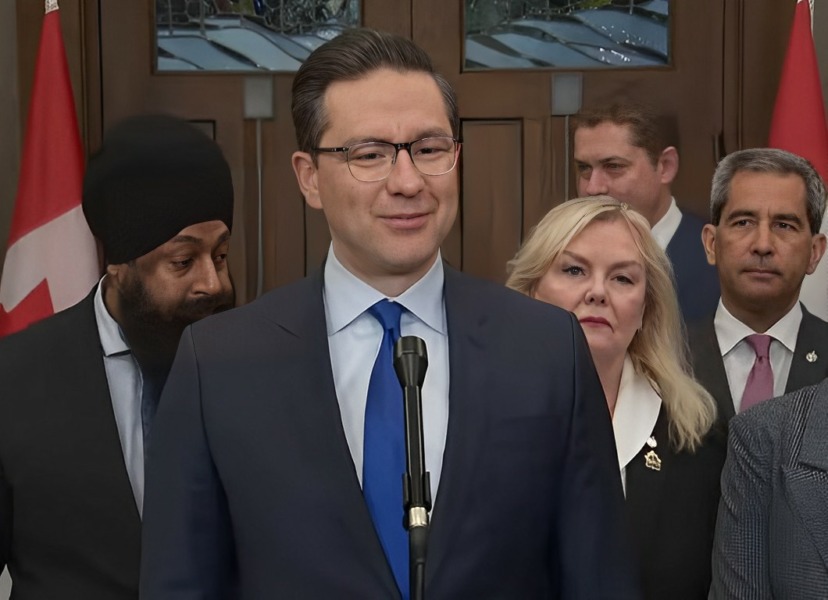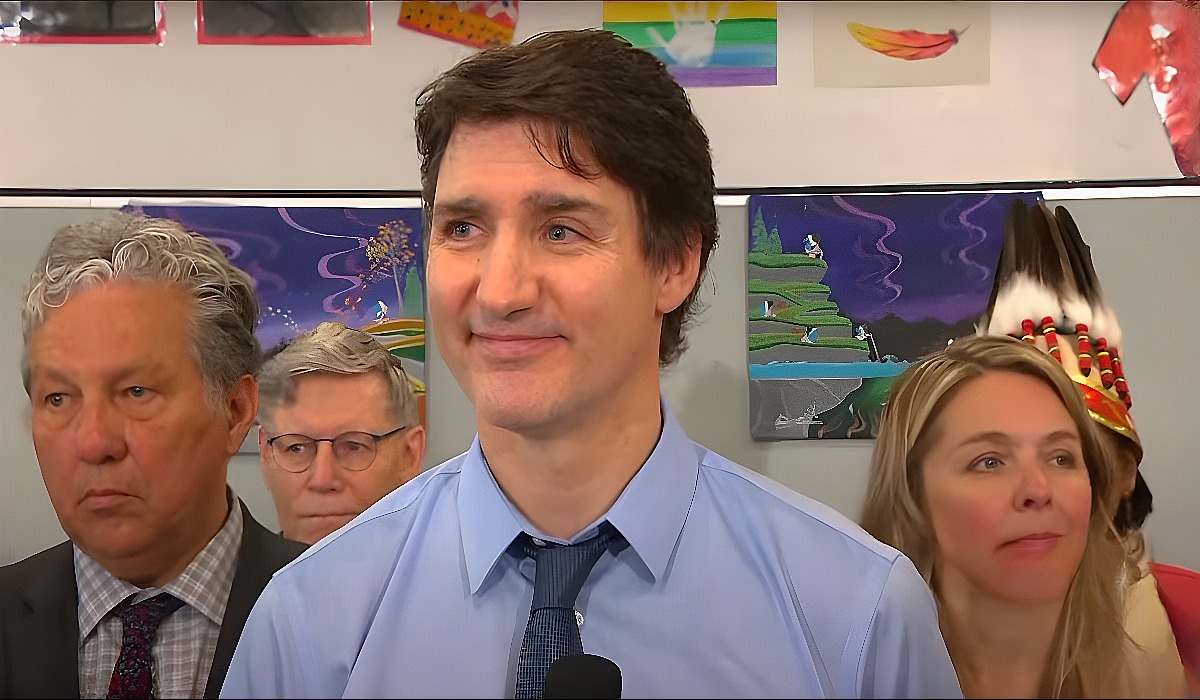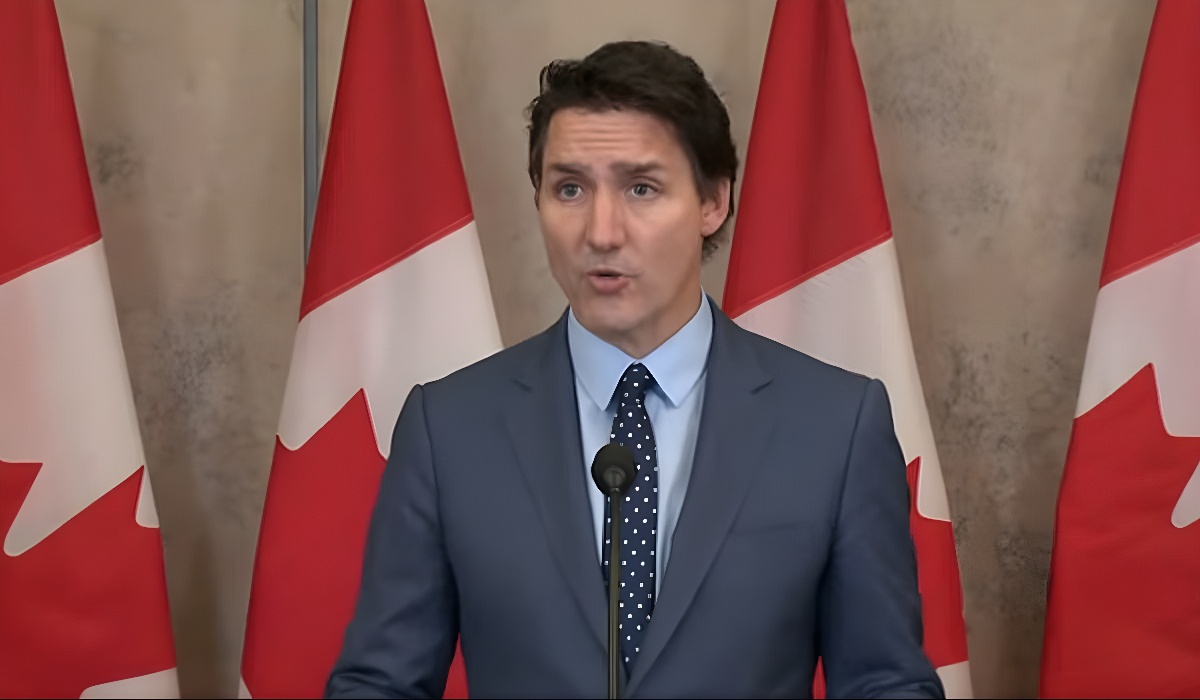Poilievre’s Temporary Stalling Tactics: 900 Amendments To A Budget He Cannot Stop
- TDS News
- Breaking News
- Canada
- June 5, 2023

Futility in Motion
The official opposition leader to the federal government, Pierre Poilievre, today threatened to delay the passage of the government’s budget. Poilievre plans to exercise futility by attempting to delay the budget’s passage through various procedural tactics. Even though the budget has billions of dollars set aside to benefit Canadians and already has the support of the NDP, Poilievre’s actions reflect a disregard for the efficient allocation of taxpayer funds.
Poilievre declared, “We will use all procedural tools at our disposal to block the budget from passing, including 900 amendments, lengthy speeches, and other procedural tools in our toolkit.” This strategy of delaying a budget that is likely to pass, especially when the governing party already has support from another opposition party, raises concerns about the waste of time and resources it entails.
“The conservative leader has no plan for the economy. Proposes nothing but cuts. He’s blocking a budget that is voted on and passed through the House with the support of the majority of parliamentarians,” said Prime Minister Trudeau
He added that Poilievre is blocking essential tax cuts that are in place to help small businesses and tradespeople, prevent anti-money laundering and, most importantly, block legislation that will put more money into the hands of Canadians.
Poilievre’s tactics risk burdening Canadian taxpayers with unnecessary costs by deliberately prolonging the budget. The parliamentary process incurs expenses, such as paying MPs’ salaries, staffing, and maintaining the operations of the House of Commons. Engaging in an exercise that ultimately leads to the budget’s passage without offering constructive solutions further highlights the futility of such an approach.
Why would Poilievre pursue this strategy, knowing its ineffectiveness and the subsequent waste of time and resources? It is worth noting that MPs usually receive limited media coverage when the House of Commons rises in the summer months. Poilievre’s attempt to attract attention by engaging in a prolonged and fruitless endeavour could be seen as a strategic move to garner media attention and generate buzz around his party’s platform.
While Poilievre may articulate concerns about inflation, high mortgages, and carbon taxes, it is essential to move beyond mere rhetoric and focus on concrete solutions that benefit Canadians. Engaging in time-wasting exercises only hinders progress and detracts from meaningful policy discussions. Poilievre’s approach lacks the substance to address the nation’s and its citizens’ challenges.
Despite the inevitability of its approval, Pierre Poilievre’s decision to delay the passage of the government’s budget is a wasteful and unproductive exercise. It undermines the efficient use of taxpayer money and fails to provide viable solutions to the issues. In a time when Canadians expect their elected officials to work together and focus on delivering meaningful results, Poilievre’s approach appears more concerned with political posturing than with effective governance. Policymakers must prioritize the needs of the people they serve and engage in constructive dialogue that leads to real solutions for the betterment of Canada and its citizens.








